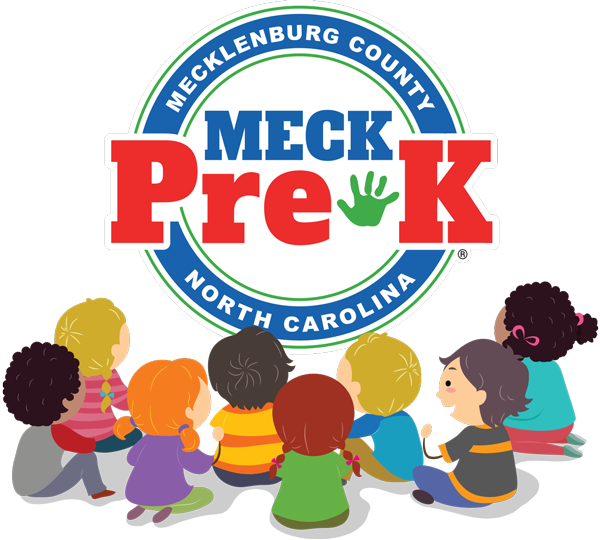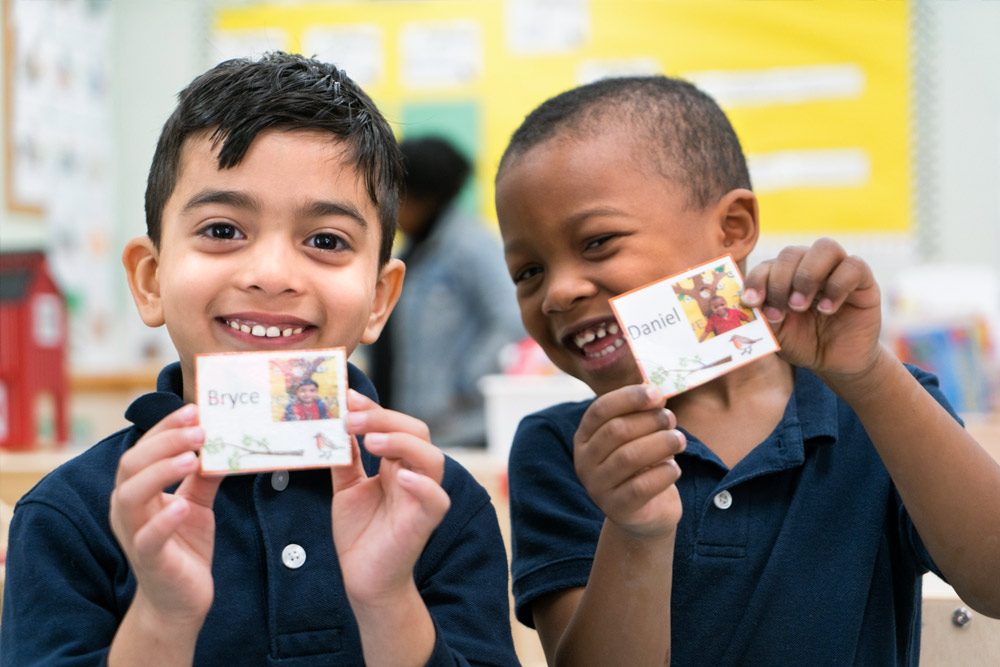Is Pre-K Required?
In brief, the answer is no in the state of North Carolina. Pre-kindergarten in the US usually starts at age four or five, though the education requirements vary by state. Even though our state doesn’t require pre-k enrollment, many parents choose to enroll their children because of the many benefits of pre-k. Here are some things to keep in mind when considering pre-k for your child.
Determine Eligibility
To get started, you’ll first need to determine whether your child is eligible according to state law and local regulations.
State Eligibility
The state of North Carolina requires children to be four years old to enroll in pre-k classes. For more information from the North Carolina Division of Child Development and Early Education, click here.
Local Eligibility
In order to be eligible for MECK Pre-K, your child must live in Mecklenburg County and be four years old on or before August 31st of the applicable school year. (Kids four or five years of age are welcome to join.)
What Does Pre-K Involve?
Sending your child off to school is a big moment! There’s a lot they can look forward to in a pre-k program. While not all classes are identical, many schools offer a few core activities for children’s growth, education and social development.
Motor Skill Development
Young children have a lot to learn, including the art of movement. Many activities are designed to help them develop large and small movements otherwise known as gross and fine motor skills. While recess or exercise lets kids engage in gross motor skills, many classroom activities hone finer movements. Here are a few ways preschoolers develop both types of skills.
Gross Motor Skill Activities
- Jumping
- Kicking
- Throwing
- Catching
- Playing on playground equipment
Social Skills
Pre-Kindergarten programs provide kids with a fantastic opportunity to socialize. Whether or not your child has siblings, interacting with other children of similar ages benefits their social development. Here’s what to expect when it comes to group activities:
- Sharing
- Waiting
- Taking turns
- Listening
- Cooperating
School Preparation
The pre-k curriculum teaches valuable skills including those needed in kindergarten. Beyond social interaction, children also develop a certain level of self-care and self-awareness from an early age. Here are some potential activities related to kindergarten readiness:
- Putting on shoes
- Putting on jackets
- Keeping their things in order
- Using the bathroom by themselves
- Eating without assistance
Special Activities
Many days at pre-k involve familiar activities like playtime, nap time and arts and crafts. Sometimes, kids get to experience even more fun activities or events. Here’s what might also be included in the curriculum for your child’s pre-k class:
- Field trip to a local museum, business, park or place of interest
- Guest speaker
- In-school excursions to the library, gymnasium or other facilities
- Show and tell
- Storytime or circle time
- Birthday or other holiday celebrations
Creative Endeavors
Children have amazing imaginations, so it’s no surprise they take to creative activities. Here are some ways your child might benefit from all things creative:
- Singing
- Dancing
- Drawing
- Acting
- Dressup
Final Thoughts
Enrolling your child in a pre-k program is easier than you think. Reading up on local and state requirements or reaching out to MECK Pre-K staff members can help answer all your questions. In the meantime, let your child know what fun and excitement are in store! We can’t wait to meet your family and invite you to enroll today.

